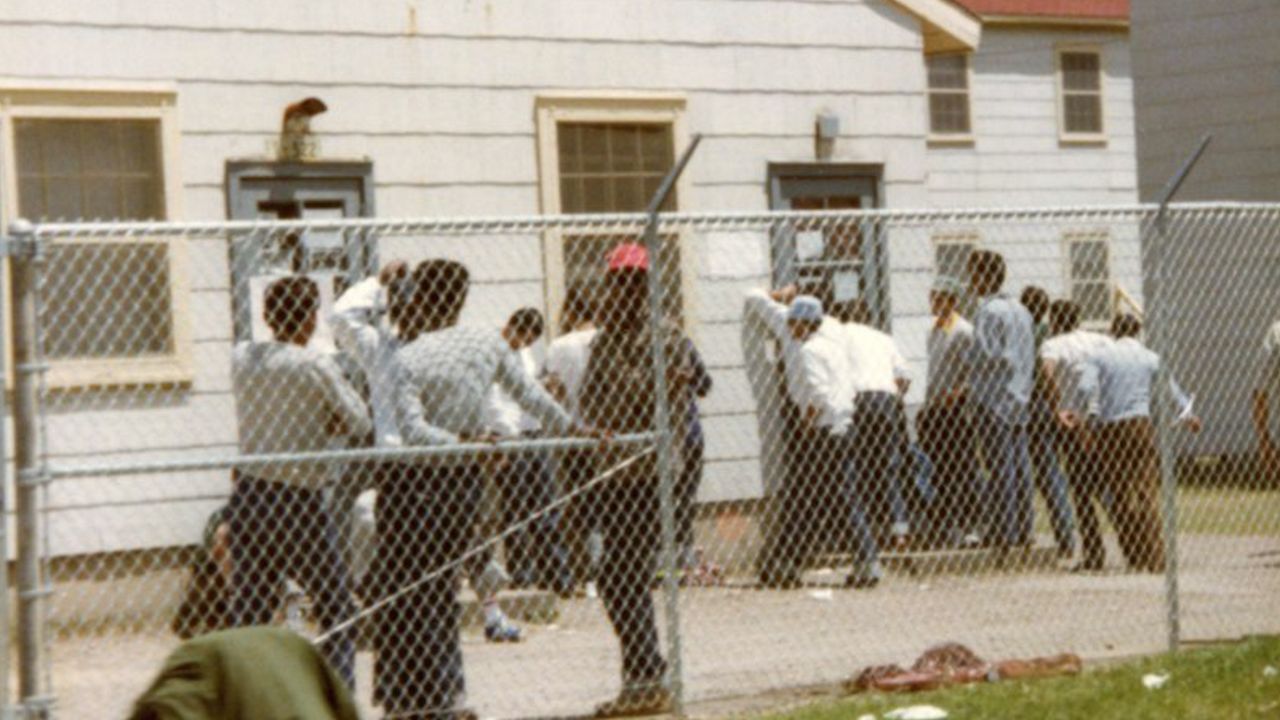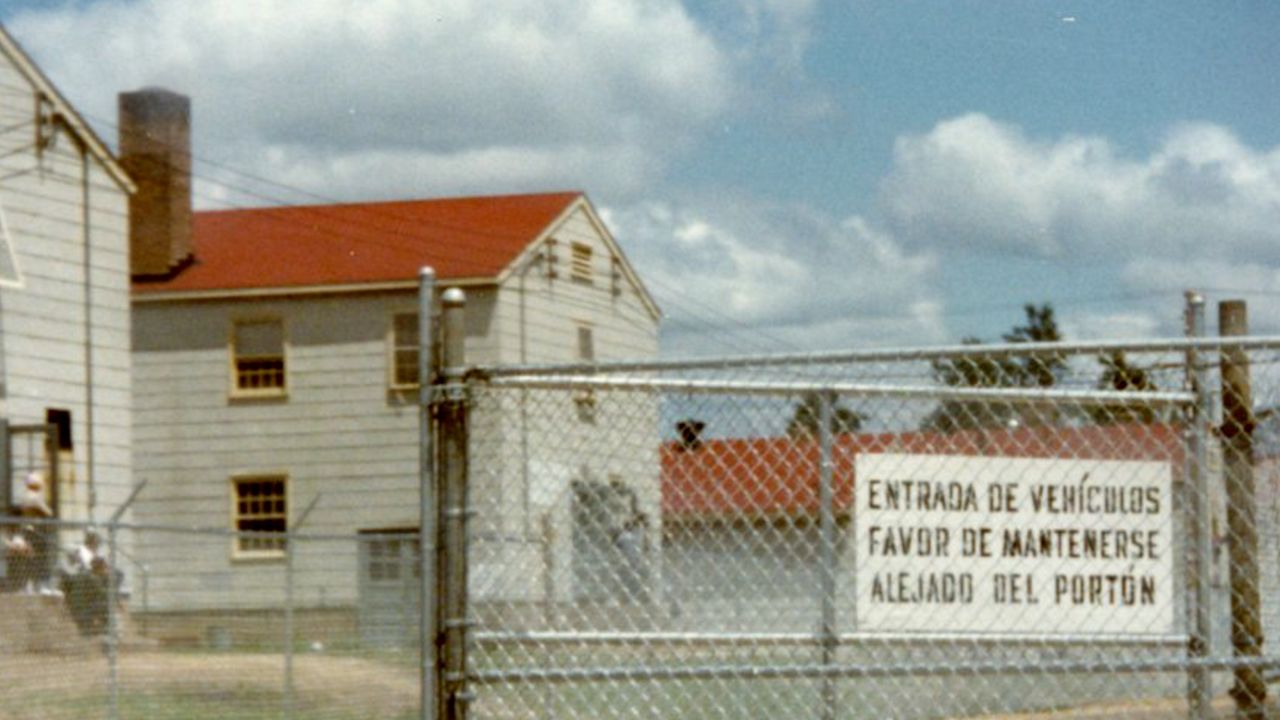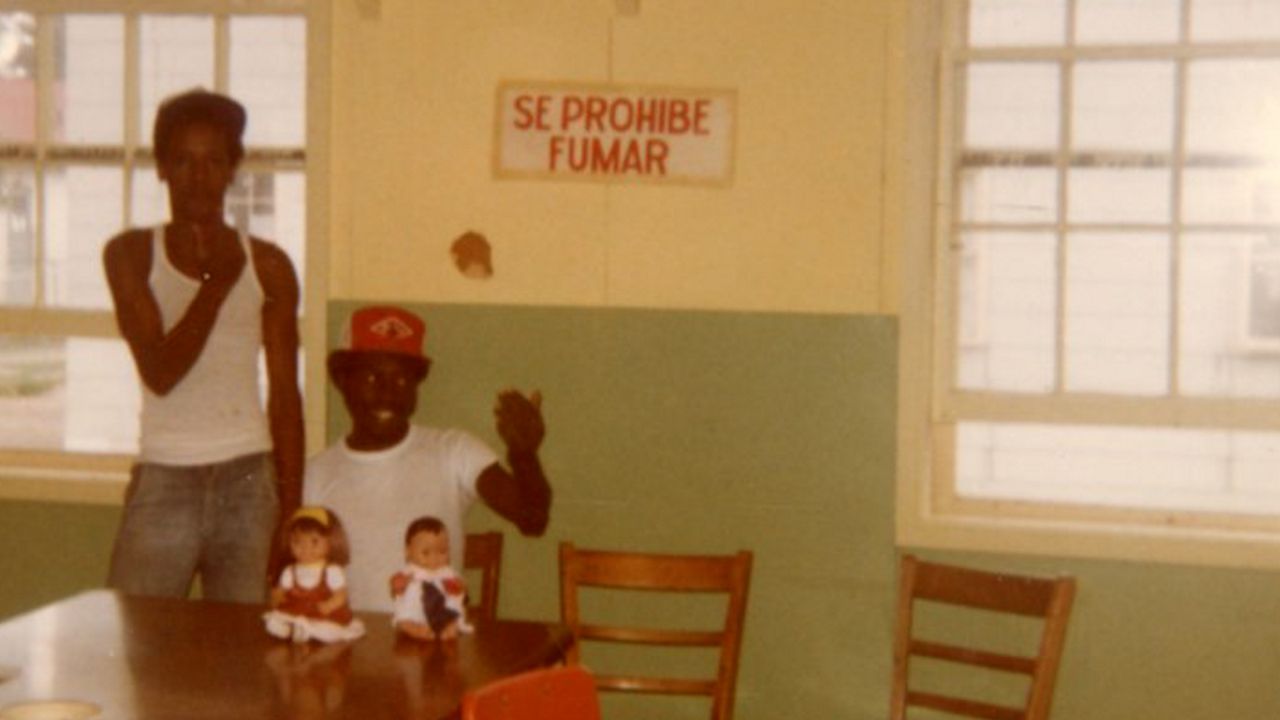SPARTA, Wis. — As U.S. troops work to bring Afghan refugees to America, Wisconsin could become home to some of them.
Fort McCoy is being considered as a place suitable to house Afghan refugees for the time being, but that would only be temporary, which means nearby communities like Sparta could become their new home.
Housing refugees in Wisconsin wouldn't be anything new for the military base located between Tomah and Sparta. In 1980, more than 14,000 Cuban refugees who fled from Fidel Castro’s government were brought to Fort McCoy, and some of them settled in the area.
Monroe County Historian Jarrod Roll said at the time, refugees needed to find a sponsor, unlike the Afghan interpreters and translators who can apply for special visas.

“Out at Fort McCoy, they were calling for people to come forward and sponsor a refugee so that they could be released to that local person or that family, and then that refugee had a chance to enter society,” Roll said. “To get a job and so on.”

While a majority of Cuban refugees did find a sponsor, most moved to cities with only about 500 staying in Wisconsin's Coulee Region.
“There were more people that spoke Spanish in urban centers, compared to the Coulee Region, and also there were fewer barriers to getting on with their life there,” Roll said. “Fewer barriers to getting employment, for acceptance by others.”
Twenty-one years later, Roll said there are lessons to be learned from the Cuban refugees, such as understanding their culture.
“That was one of the stumbling points,” Roll said. “There were people who knew Spanish, but not a lot of people who understood what it meant to be Cuban, Cuban culture, social ways, what they need to feel safe and comfortable beyond the basics.”

If refugees were to come to Fort McCoy, that would be only the first step. Several organizations from around the state are already working on preparing to find more permanent solutions for refugees.



